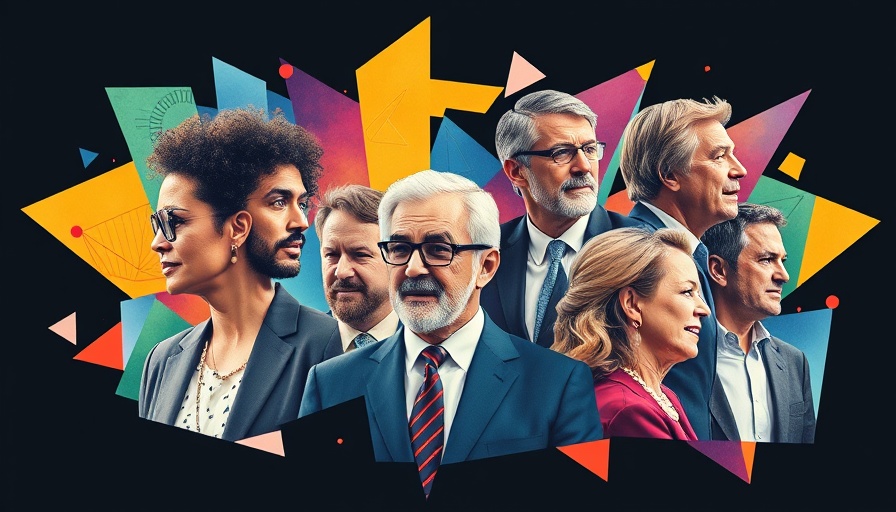
Revolutionizing Leadership: Kevin Nolan's Vision at GE Appliances
In the fast-paced world of business, the traditional hierarchical model often stifles innovation and agility. However, Kevin Nolan, CEO of GE Appliances, is turning this norm on its head by championing a distributed leadership model. In a recent interview featured in MIT Sloan Management Review's new video series, Nolan shares valuable insights on how allowing leadership to emerge at every level can transform an organization.
Breaking Down Barriers: The 'Zero-Distance' Philosophy
Nolan highlights a key tenet of his leadership strategy: the zero-distance philosophy. By removing the barriers between management and frontline employees, he creates an environment where innovation thrives. He believes that the best ideas often come from those closest to the customer. This approach encourages open communication and empowerment, allowing teams to act swiftly and with conviction.
Innovation Through Empowerment: The Microenterprise Movement
The concept of microenterprises has been a game changer for GE Appliances. By allowing teams to create autonomous business units, Nolan not only fosters a culture of entrepreneurship but also enhances accountability. Each microenterprise operates independently with its own profit and loss responsibilities, making every team member feel invested in the company's success. This empowerment has been pivotal in propelling GE to become the leading appliance provider in the U.S.
The Risks and Rewards of Leadership Agility
While Nolan’s approach might seem daunting for some leaders, the rewards outweigh the risks. The ability to pivot quickly in response to market demands is vital for survival in today’s competitive landscape. Nolan shows that true leadership requires humility and the courage to trust employees with decision-making power, ultimately fostering a more responsive organization.
A New Blueprint for Success
The key takeaway from Nolan's philosophy is that leadership is not merely about hierarchy but about influence, innovation, and collaboration. As he transitions from a traditional CEO role to that of a coach, he exemplifies a visionary leadership style that encourages others to follow suit. This shift can inspire leaders across various industries to rethink how they achieve organizational goals and adapt to ever-changing environments.
For those in positions of power, embracing Nolan's distributed leadership model can create a more inclusive and agile work culture. By focusing on unlocking the potential of every team member, organizations can not only remain competitive but also thrive in the long run.
 Add Row
Add Row  Add
Add 




Write A Comment